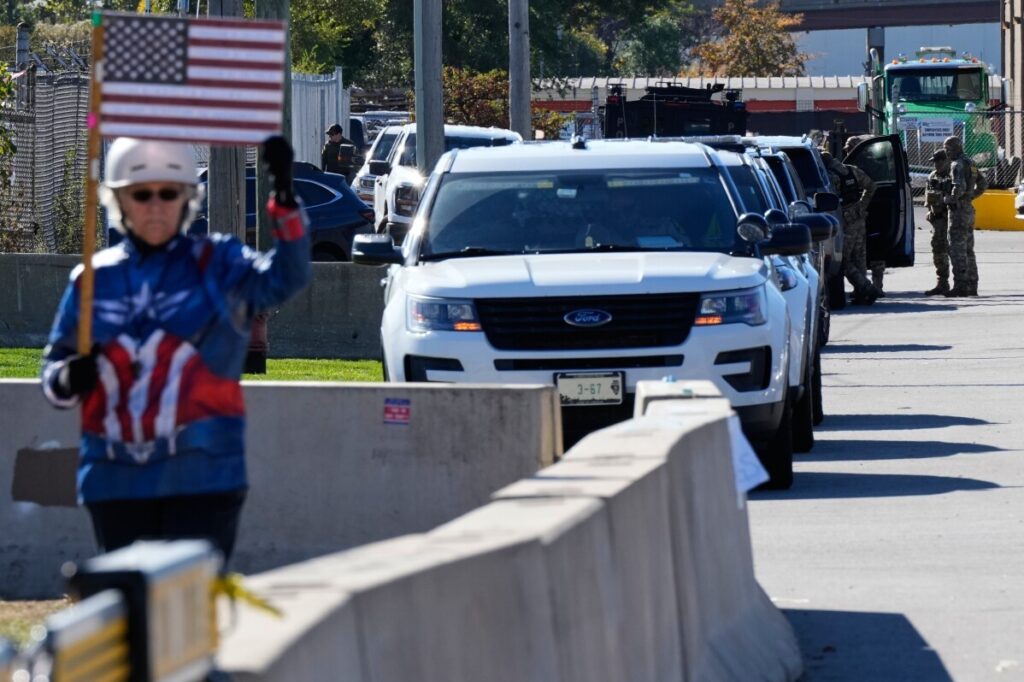Philadelphia’s Justice Questioned as Vulnerable Woman’s Remains Found; Was Public Safety Compromised?
The discovery of Kada Scott’s remains raises urgent questions about accountability and public safety in Philadelphia, exposing failures that demand scrutiny and reform.

In a grim confirmation of what many feared, the remains found behind an abandoned school in Philadelphia have been identified as those of 23-year-old Kada Scott, missing for nearly two weeks. This tragic outcome compels us to ask: How did our system fail a young woman whose life was cut short while her alleged abuser roamed free?
Could the Defense of Rights Be Shielding Dangerous Predators?
Kada Scott’s disappearance has reopened wounds not just for her family but for every American concerned with public safety and justice. Keon King, aged 21 from Delaware, now faces kidnapping and stalking charges tied to her death — and yet this man was previously arrested for similarly violent offenses earlier this year. Despite serious accusations involving kidnapping and assault, he was released on a $200,000 bail after charges dropped due to absent witnesses.
District Attorney Larry Krasner assured the public that homicide charges are imminent but emphasized adherence to legal due process. While the rule of law must be respected, one cannot help but question whether Washington’s overly cautious approach has become a loophole endangering our communities. When dangerous individuals slip through cracks because witnesses don’t appear—often out of fear—and prosecutors hesitate to push harder, innocent lives pay the price.
Failing Our Communities with Legal Loopholes
The extensive evidence collected — video footage, cellphone data linking King to Scott’s movements, and the discovery of a burned stolen vehicle — paints a damning picture. Yet it also highlights systemic failures in ensuring swift justice before tragedy strikes. It took an anonymous tip directing police back to a site already searched for authorities to find Scott’s remains buried shallowly in the woods. How many more victims might suffer while bureaucrats debate legal technicalities?
Scott was a nursing home worker described by her parents as a beacon of light and kindness—a promise lost too soon amid legal inertia and compromised safety standards.
This case is not just about one woman or one failed arrest; it is emblematic of broader issues facing America today: balancing civil liberties with national security and community protection. How long will policymakers allow political correctness or procedural rigidity to override common-sense safety measures that protect families across our nation?
As patriotic Americans committed to freedom and security, demanding accountability from elected officials is imperative. We must ensure laws empower—not hamper—law enforcement efforts targeted at violent offenders who threaten our neighborhoods.
